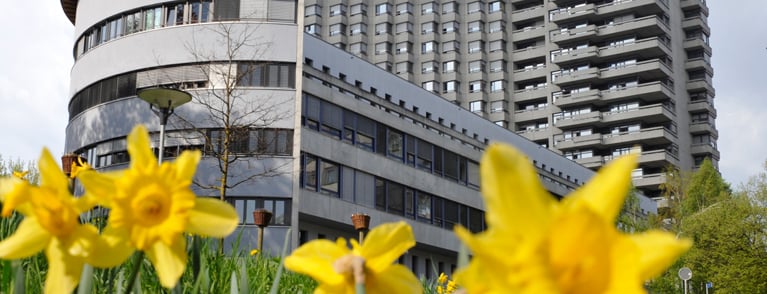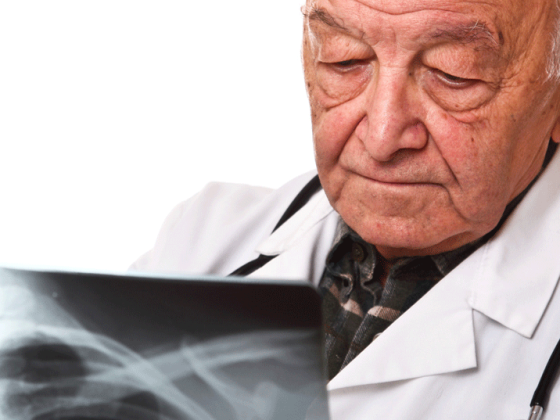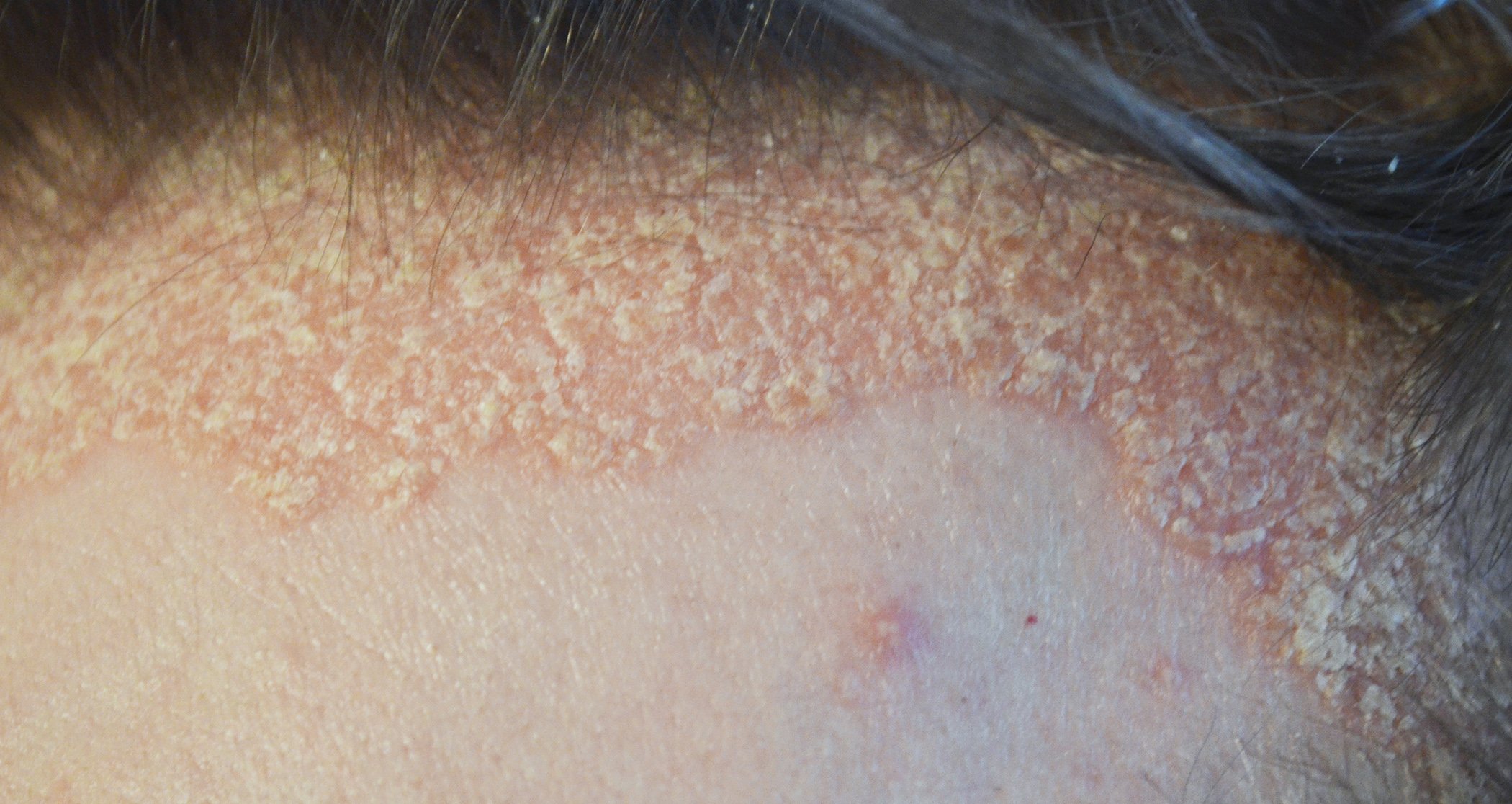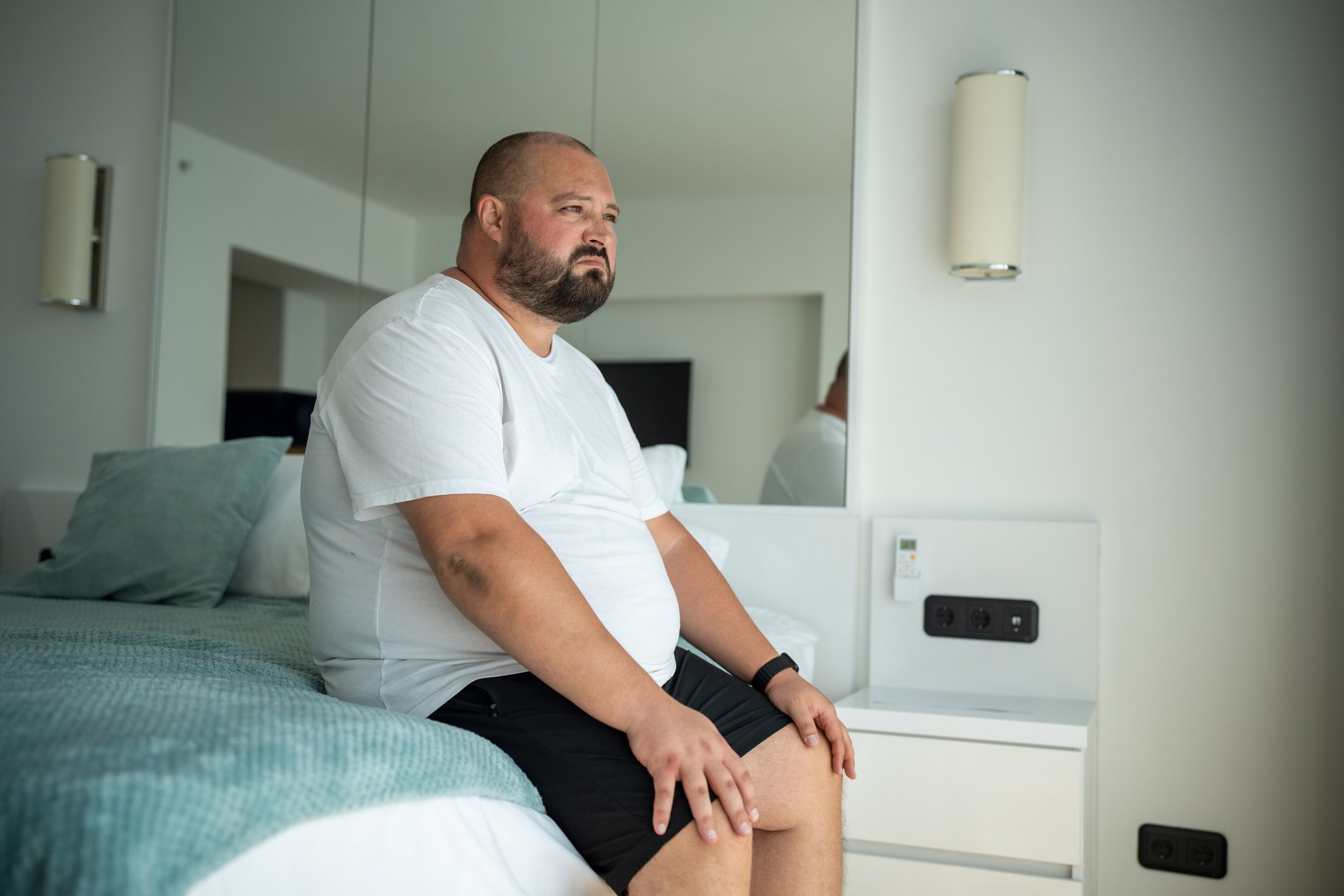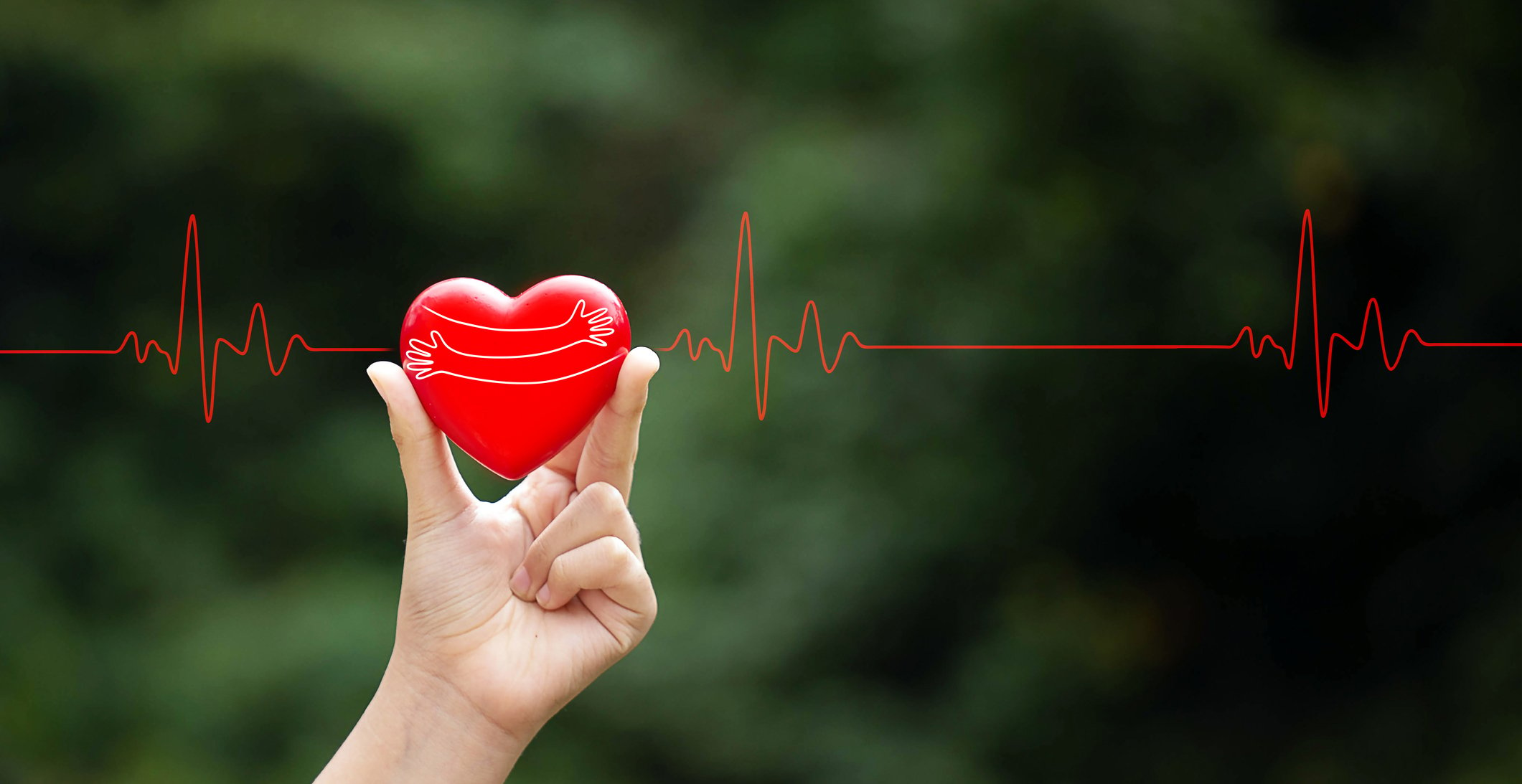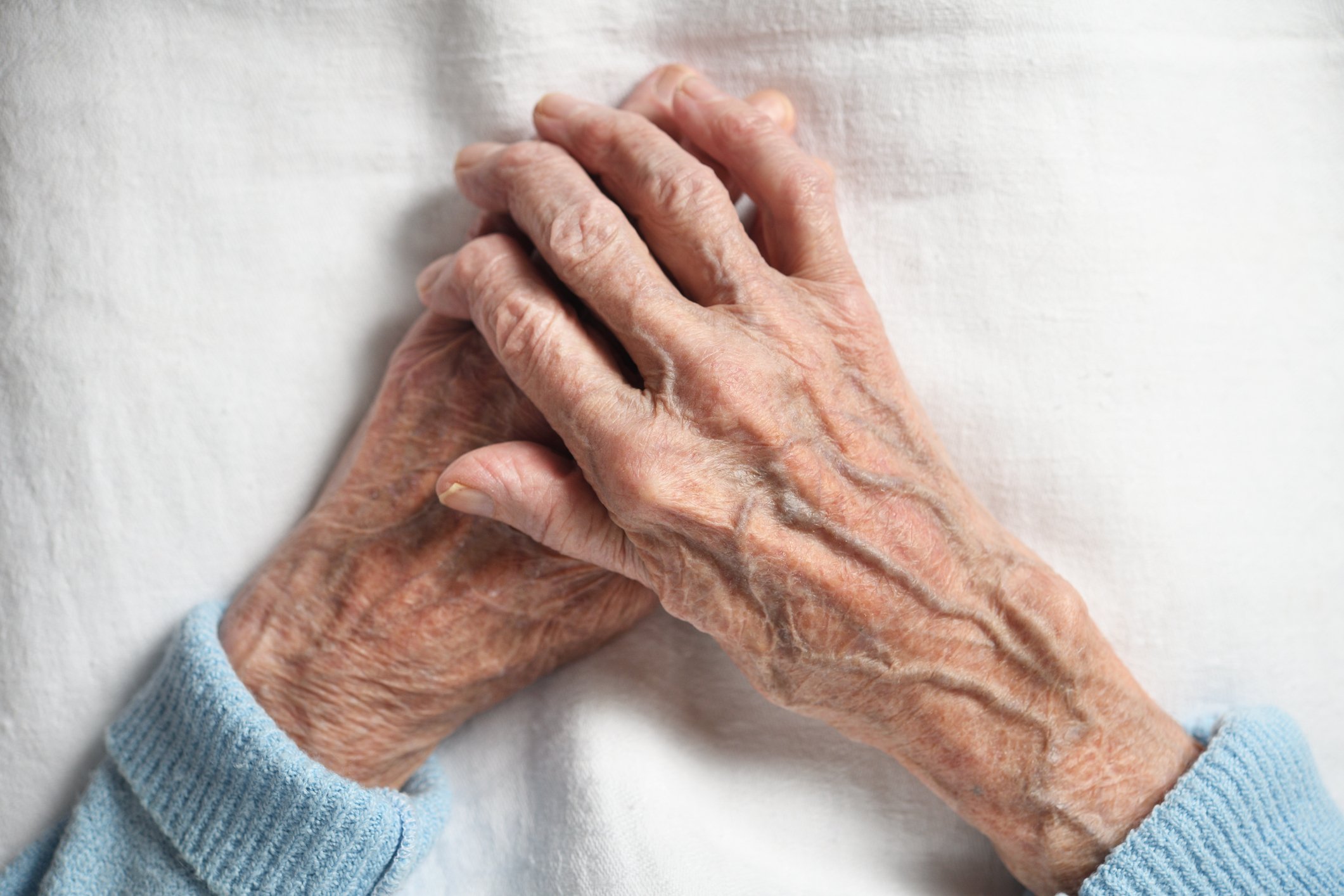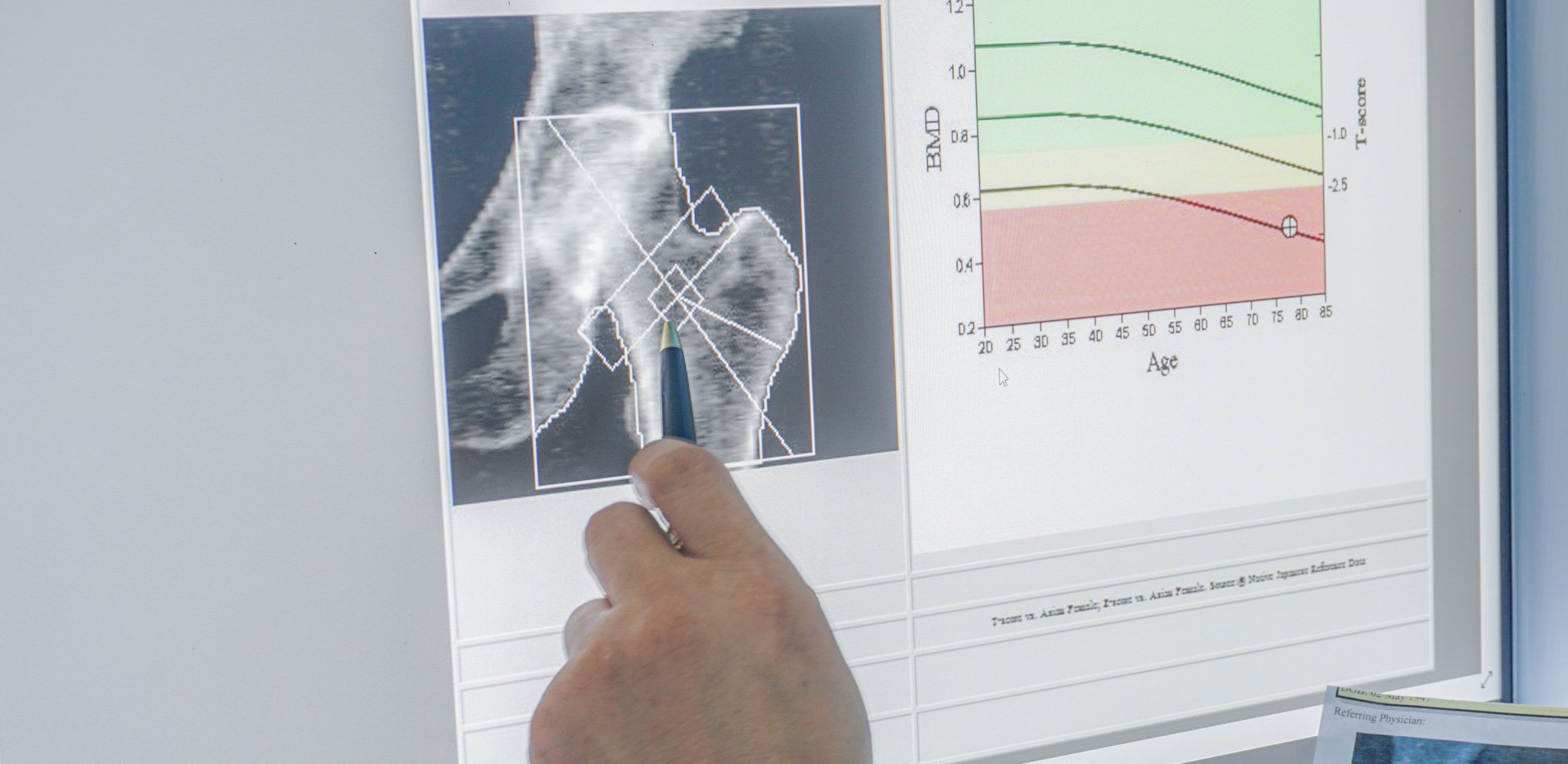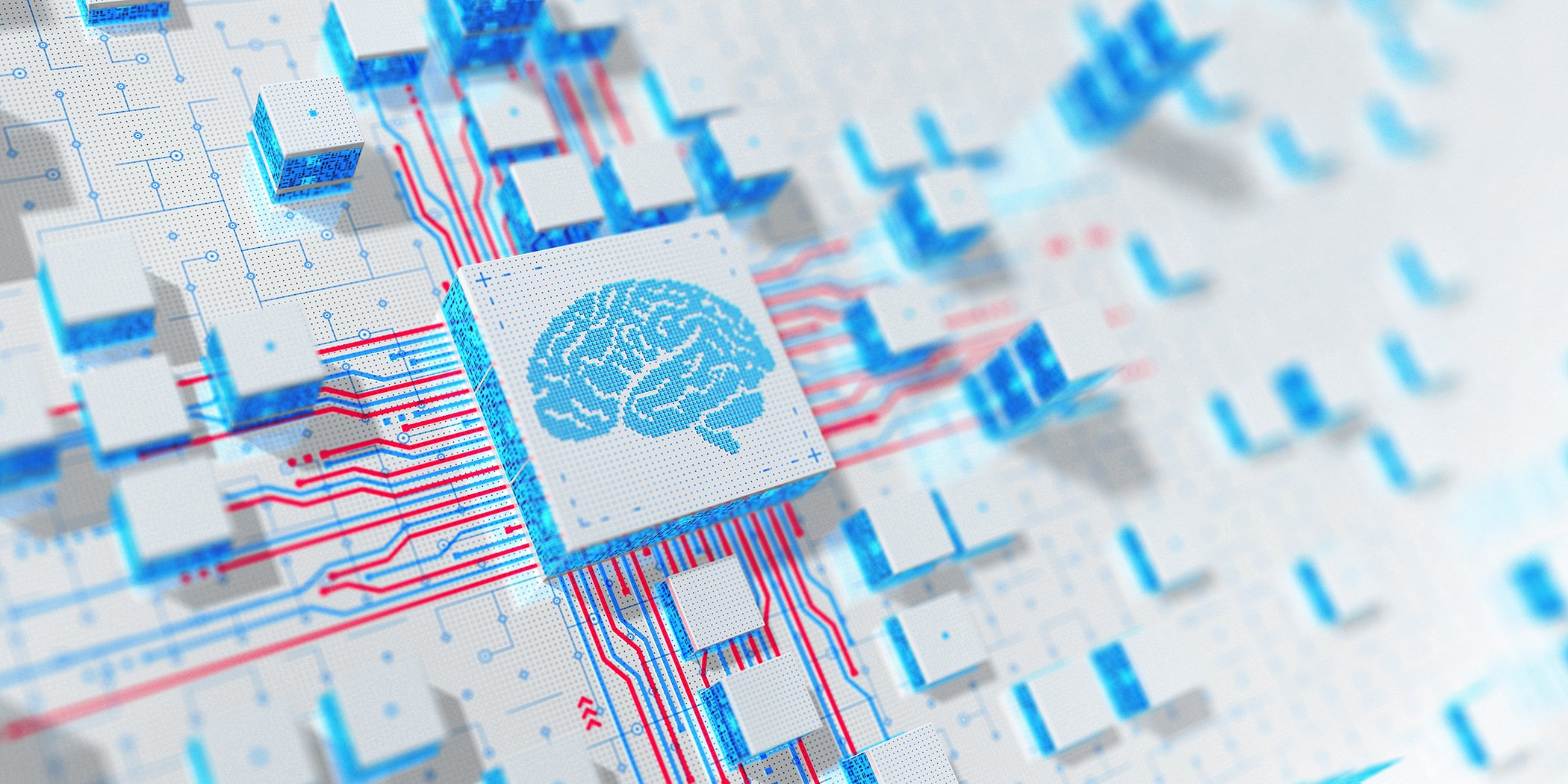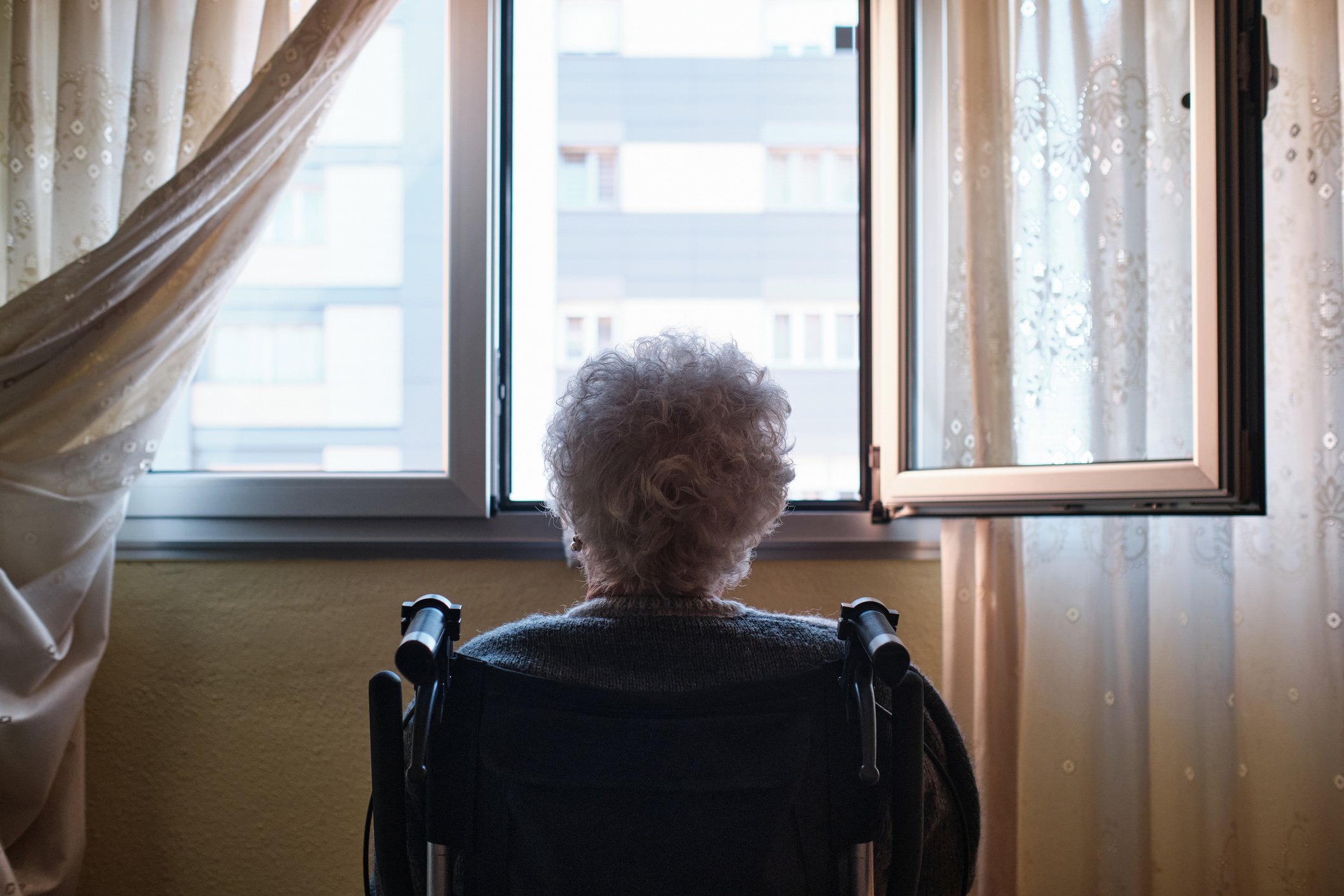Aid projects have a long tradition at the Inselspital in Bern. Often the initiative of an individual is behind it. In the field of cardiac surgery, we have been training young cardiac surgeons and operating on infants and adolescent patients in the Russian city of Perm for twelve years now. In addition, since 2011 there has been a humanitarian alliance between Inselspital and “Terre des hommes”, the largest Swiss children’s charity. Why we help? It corresponds to our humanitarian spirit and certainly has a lot to do with philanthropy.
Almost two thousand kilometers east of Moscow, in the city of Perm, we operate on children and young adults with severe heart defects. Perm is located directly on the border between Europe and Asia, on the banks of the Volga River Kama, at the foot of the Ural Mountains. The population is about 1.2 million people. We support the doctors at the heart center there in deciding which child needs surgery. We perform surgeries that are too complex for local doctors and train Perm doctors and nurses locally and here in Switzerland.
Since 2001, the number of operations has been increasing
Our commitment goes back to the initiative of Professor Borst, former full professor for heart surgery from Hanover. When Borst was elected president of the Eastern Europe Committee of the European Association for Cardiac Surgery (EACTS) in 1995, he went on a study tour and visited all the cardiac surgeons in the former Soviet Union. On Borst’s recommendation, our partnership cooperation with the Heart Institute in Perm began in 2001. In the meantime, we are active on site two to three times a year. While 100 heart surgeries were performed there in 1996, this increased to 450 in 2001 and then to 1700 in 2007. In 2012, the figure was already close to 3,000 (Fig. 1).
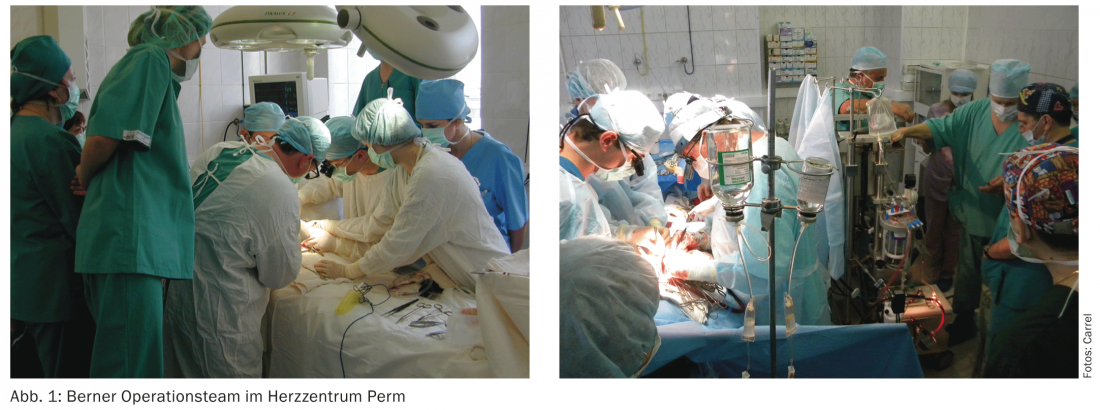
Professor Sergei Sukhanov, chief of cardiac surgery there, was trained as a general surgeon and in 1996, virtually self-taught, began building a cardiac center to treat congenital and acquired heart defects.
The results of the surgical procedures have been surprisingly good; however, it has been and continues to be difficult to maintain proper follow-up. At our first visit in 2001, I did not expect to start operating right away. But on the very first day, Prof. Sukhanov presented me with five patients and we started operating.
During our usually one-week visits, we perform between 12 and 20 procedures. Most of the cases are primary interventions in infants and young children or reoperations for congenital heart defects in adolescents or adults, where palliative interventions have already been performed in Moscow or in Nijni Novgorod. In adult surgery, we primarily assist with procedures that need to be done for complex valve disease (for destructive endocarditis or thoracic aortic disease) and demonstrate our techniques in coronary surgery.
Overcoming initial difficulties
The equipment and technologies available in Perm were initially completely outdated. Thanks in part to our discussions with Russian politicians, we succeeded in raising funds for a new cardiac catheterization facility. Echocardiography equipment is adequate, but transesophageal probes were initially lacking for intraoperative diagnosis and quality control. The equipment of the operating rooms is acceptable. The equipment used in the ICU comes from various domestic and foreign sources.
Long ago, we in Bern organized the shipment of ten monitoring monitors discarded by the Inselspital to Perm.
The quality of care and the condition of many technical devices remain well below what is necessary (Fig. 2) . Particularly problematic for interventions in cardiac surgery are the lack of funds for disposable consumables on the heart-lung machine (oxygenators, tube systems and cannulas), vascular implants, artificial heart valves and suture material.
In recent years, however, the situation has improved significantly, as Permian has been included on the list of so-called “Federal Centers” to be supported.
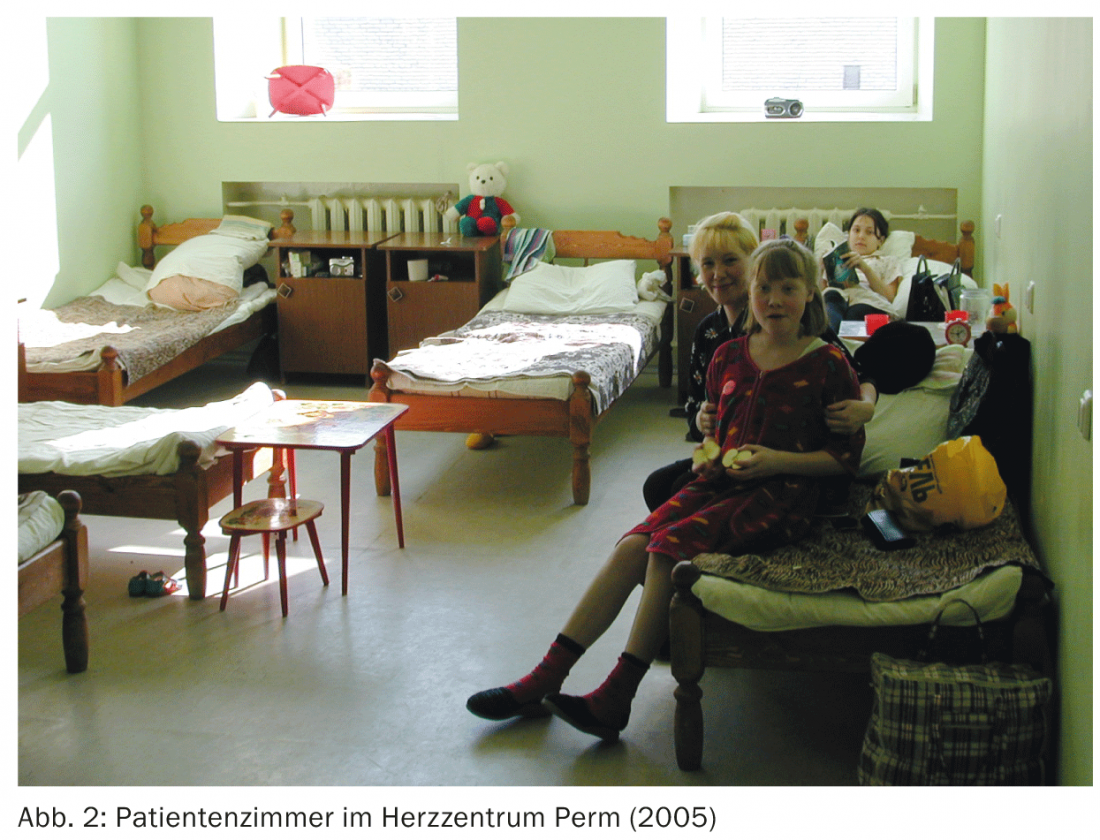
Goals for the future
We aim to establish a long-term cooperation to support a generation of young Russian cardiac surgeons in their continuing education. As a rule, a group from the Department of Cardiovascular Surgery and Pediatric Cardiology travels to Perm two or three times a year, and every now and then physicians, perfusionists and nurses from Perm are invited to Bern.
Our efforts have so far been very generously supported by industry and private donors. From donations, but also from fee income, we finance primarily medicines, surgical material and technical equipment, which the patients in Perm urgently need. In recent years, for example, it has been possible to purchase monitoring monitors for the operating theaters and the intensive care unit, a Vivid portable echocardiography device with transthoracic and transesophageal probes, and a heart-lung machine.
Humanitarian alliance with Terre des hommes
For 50 years, Terre des hommes Children’s Aid has been organizing operations in European hospitals. The cooperation agreement between Inselspital and “Terre des hommes” was signed at the end of 2011. With the Inselspital, “Terre des hommes” has for the first time gained a hospital partner in German-speaking Switzerland for the aid project.
In the countries of origin, children often cannot be treated because highly specialized infrastructure and trained personnel are lacking. The children all suffer from severe deformities and birth defects that cannot be treated in their home countries. The “Terre des hommes” children are operated on by the pediatric cardiac surgeons of the Clinic for Cardiovascular Surgery at the Center for Congenital Heart Defects of the Inselspital.
Operate as early as possible
Normally, we operate on malformations such as tetralogy of Fallot as early as six to nine months of age. If one waits longer, additional organ damage can occur. However, affected “Terre des hommes” children are usually much older. Because of a narrowing of the pulmonary valves and a hole between the right and left sides of the heart, the body does not get enough oxygen. This impairs physical development, including the ability to concentrate. If left unoperated, life expectancy is low, with many children barely reaching adulthood.
Interdisciplinary collaboration
The ideal situation is interdisciplinary collaboration between the various medical specialists, who work together as closely as possible (ideally on the same campus as at Inselspital) across specialty and hospital boundaries. The “Terre des hommes” children receive intensive medical and nursing care at the University Clinic for Pediatrics. Before and after their hospital stay, the children are cared for in the Tdh children’s home “La Maison de Massongex” in Lower Valais.
In Massongex, “Terre des hommes” has a home with six houses specifically to house and care for children who come to Switzerland for special medical treatments. The children also receive schooling. Some children see a classroom here for the first time. Every year, between 200 and 230 children spend the time before and after surgery in this home.
“Terre des hommes” is looking for volunteers for its humanitarian alliance with the Inselspital Bern. We are looking for escorts to accompany children on their way between the hospital and the “Terre des hommes” children’s home in Massongex. In particular, it always needs volunteers who have language skills from the North and East African and Arabic regions.
Conclusion
This project is very remarkable in scope and nature in Switzerland. Every year, ten million children die in the developing world because there is no doctor or hospital nearby or because there is a lack of local medicines. It is known that 90% of these children die from diseases that could be easily cured. What is less well known is that one million children die each year from serious heart defects or the consequences of disabilities, mainly because there is a lack of facilities and expertise in the home country of these children to help them.

